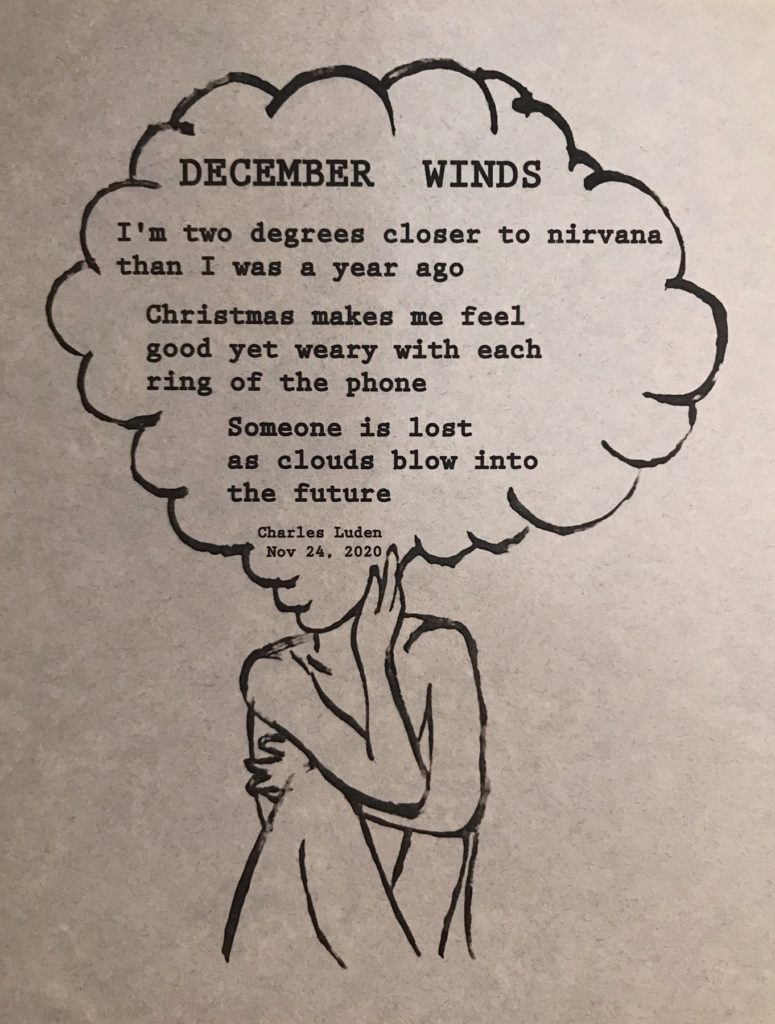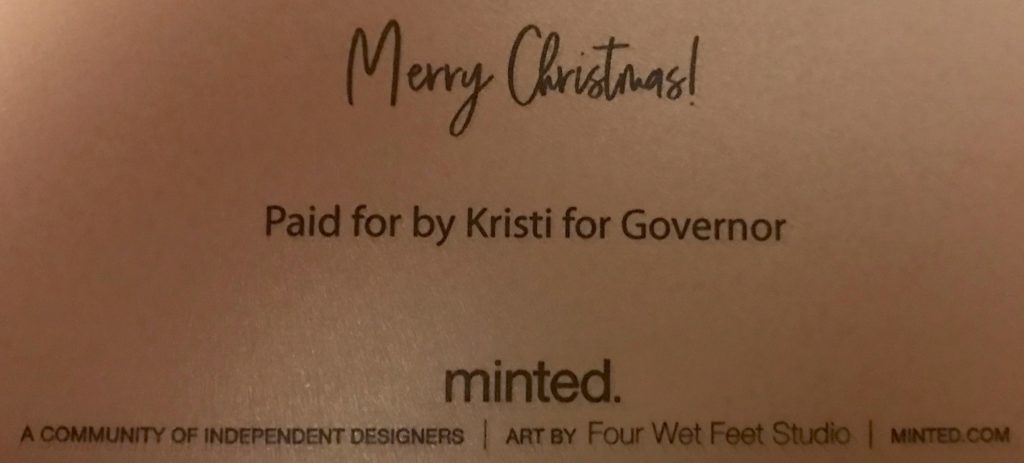American free speech advocates have consistently defended the right of individuals to engage in offensive speech, including speech which many observers might deem “hate speech.†In the wake of the riot on Capitol Hill, many critics have argued that the violence was sparked by comments made by President Trump and some of his allies, and that therefore they should be prosecuted or otherwise punished. Assuming that the violence was caused by speech, can free expression advocates support punishment for the speaker while still supporting the legal protections for “hate speech†or other offensive speech?
Short answer: Yes.
“Hate speech†laws seek to punish opinion. Punishing opinion is, and should be, forbidden. No person or group that happens to hold power at any given time should be permitted to determine what others are allowed to think. However certain narrow types of speech that go beyond mere expression of opinion can sometimes be unprotected by the First Amendment.
Why Is Hate Speech Protected?
There is no “hate speech†exception to the First Amendment; hence, there is no legal definition of what, precisely, constitutes “hate speech†in the United States. However, the International Covenant on Civil and Political Rights does have a hate speech provision (Article 20), which states that “any advocacy of national, racial or religious hatred that constitutes incitement to discrimination, hostility, or violence shall be prohibited by law.” As a result, many other countries have outlawed “hate speech.†Under those laws, a book by bell hooks has been confiscated in Canada for including what authorities deemed to be anti-male hate speech; Catalan protesters in Spain have been fined for burning photographs of the king of Spain; and a British citizen was convicted for exhibiting a poster after the 9/11 attacks which depicted the Twin Towers in flame and included the words, “Islam out of Britain – Protect the British People.â€
As these examples make clear, “hate speech†laws permit the punishment of the mere expression of an opinion deemed offensive. That’s why such laws are unconstitutional in the United States, for the Supreme Court has repeatedly upheld that “the public expression of ideas may not be prohibited merely because the ideas are themselves offensive to some of their hearers.â€
When Is Offensive Speech NOT Protected by the First Amendment?
Speech which is merely offensive is always protected by the First Amendment. However, some types of speech which are often conflated with “hate speech,†but which go beyond expressions of opinion can, in limited circumstances, be unprotected by the First Amendment.
Let’s talk about incitement to violence and harassment.
Incitement to violence, including incitement to racial violence, is not protected by the First Amendment. This is a very narrow exception; mere advocacy of violence cannot be made criminal “except where such advocacy is directed to inciting or producing imminent lawless action and is likely to incite or produce such action.†Three elements must be met: (1) the speaker must intend to cause violence, (2) he or she must intend that the violence occur immediately, and (3) the violence must be likely to occur immediately.
The distinction between incitement and “hate speech†is illustrated by the Supreme Court’s decision in Wisconsin v. Mitchell. In that case, several young Black men were discussing the movie Mississippi Burning, which is about the Civil Rights Movement. One of the men said, “Do you all feel hyped up to move on some white people?†and, when a young white boy approached, said, “You all want to fuck somebody up? There goes a white boy; go get him.†The group then assaulted the boy, and the speaker was charged with assault, plus a hate crime enhancement. Was Mr. Mitchell’s speech “hate speechâ€? It’s arguable. But his speech was much more than the mere expression of opinion; it was a call to immediate violence.
Harassment is distinct from “hate speech†because it goes beyond mere expression of opinion and targets a particular person for harm. The threshold for speech rising to the level of illegal harassment is generally quite high. Anti-harassment laws often refer to speech directed at a particular person, based on the victim’s race, religion, or other group characteristic, and which has the purpose or effect of substantially interfering with, for example, a student’s educational performance or creating an intimidating, hostile or offensive environment.
These exceptions to the protections of the First Amendment are very narrow, but they are well established. Civil libertarians and supporters of free expression–including protest, writing and art–can and should support the right to express hateful opinions, but can draw a clear line that no one has a right to incite a riot or to harass another person.
See this primer at NCAC.org

